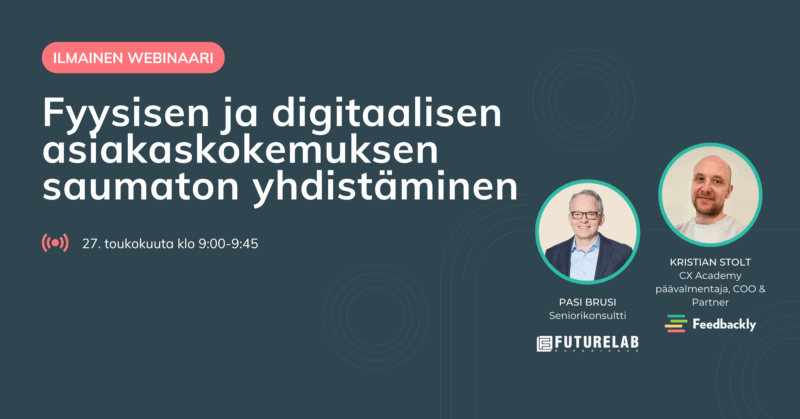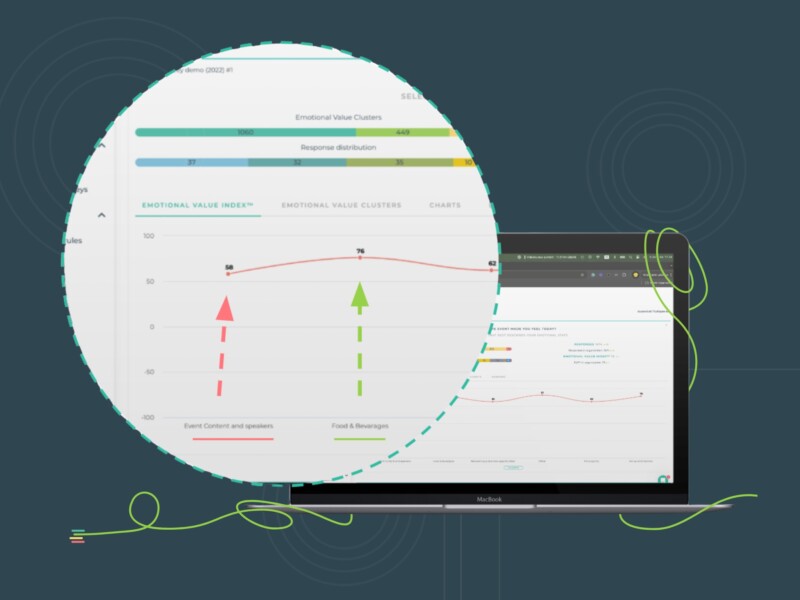We live in amazing times with endless opportunities to experience and participate in the process of many established industries being re-imagined. However, an innovation is a risky business and most attempts to re-think how things are done conventionally do not produce commercial success. The single most important reason new products and services frequently fail to find massive commercial success is the misunderstanding of the core difference between innovation and invention.
Invention is about creating something new, while innovation introduces the concept of “utility” of an idea, process or method. An invention is usually a “thing”, while an innovation is often an application of one or more inventions that causes change in behavior, interactions and experience. Here is an example of this difference – is gun powder was invented few hundred years before a gun (innovation) was build.

These terms are often used interchangeably and that inadvertently causes a shift of focus from experience to technology. That focus is what separates inventors like Dean Kamen from innovators like Elon Mask, Steve Jobs and Jeff Bezos.

The romance of novelty (invention) blinds many entrepreneurs to the fact that markets have relatively low capacity to absorb (adapt to) radical change. Consumers – your potential customers – are too busy occupied by the complexities of jobs they are trying to perform. There are not in the market for products or services, but for the desired outcomes these products promise to deliver. Therefore, unless the use of your product or service can dramatically simplify that “job”, they are not likely to “hire” (purchase) it in large numbers regardless how “new”, “improved”, “exciting”, and “innovative” your marketing describes it.
The domain of innovation is not defined by the best features, specifications or market segmentation, but by consistent simplification of the target customers’ experience.
“(Innovators) should think less about market segments and more about the jobs customers want to do. The job, not the customer, is the fundamental unit of analysis for an (innovator )who hopes to develop products that customers will buy”.
When I needed to re-publish a website for my wife’s business I was referred to Wix.com as the best website builder software provider. Initially, I loved its innovative design functionality until I had to actually publish the site at which point the software was not very helpful and the customer support non-existent.
After a few days of frustration I became a very grateful customer of GoDaddy.com that has substantially less creative website building software, but got me up and running within 2 days.
The examples of iPhone and Tesla show that discovery and reduction of complexities and frictions your target customers experience on their path to desired outcomes, is the shortest and surest road to innovation and creation of new markets.
Gregory Yankelovich is a Technologist who is agnostic to technology, but “religious” about Customer Experience and ROI. He has solid experience delivering high ROI projects with focus on both Profitability AND Customer Experience improvements, as one without another does not support long term business growth. Gregory currently serves as the Customer Experience (CX) Whisperer at Customer Experience IQ (formerly Amplified Analytics), provider of a Social Media Research service focused on mining Customer Experience Intelligence for support of Product Marketing and Management.



